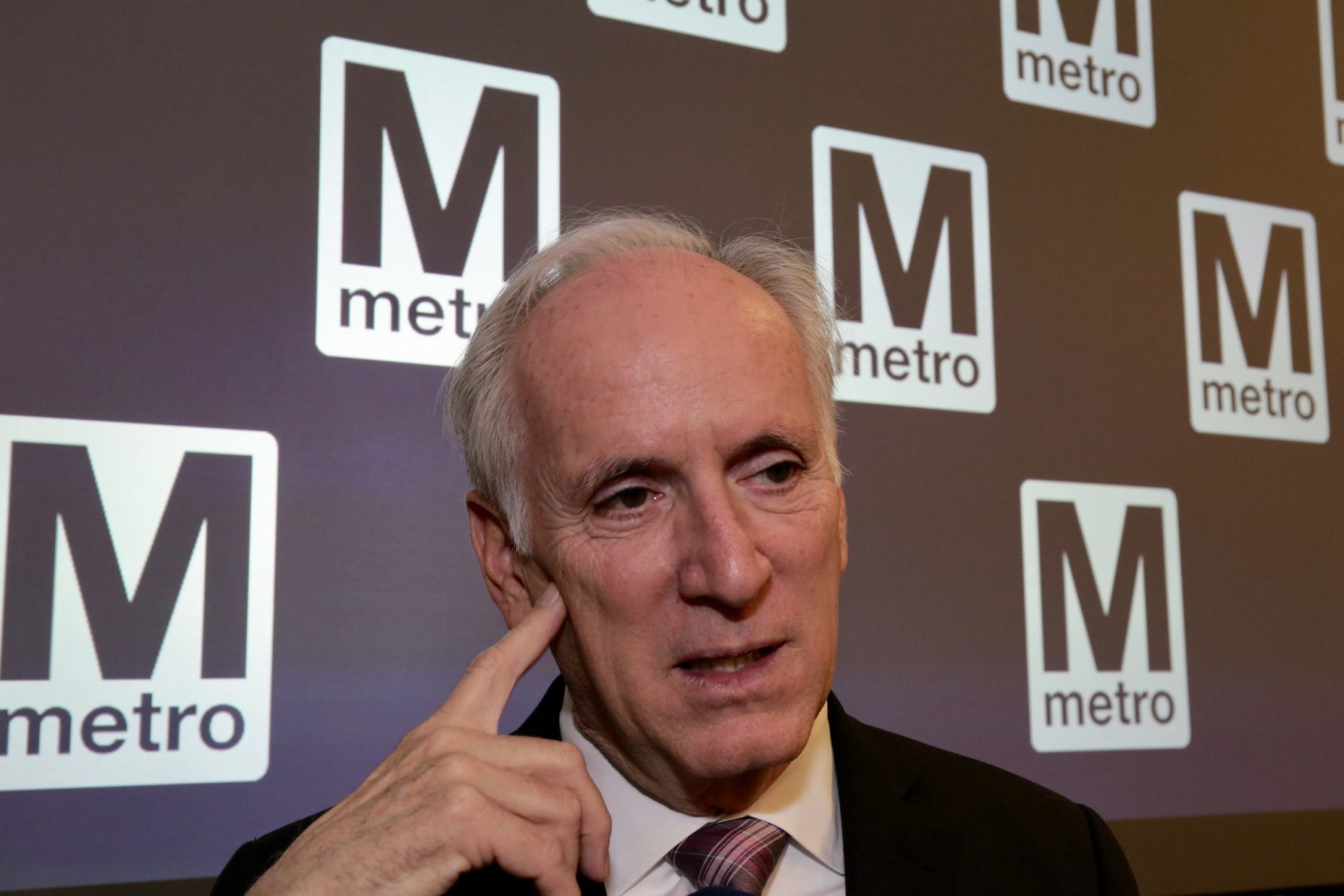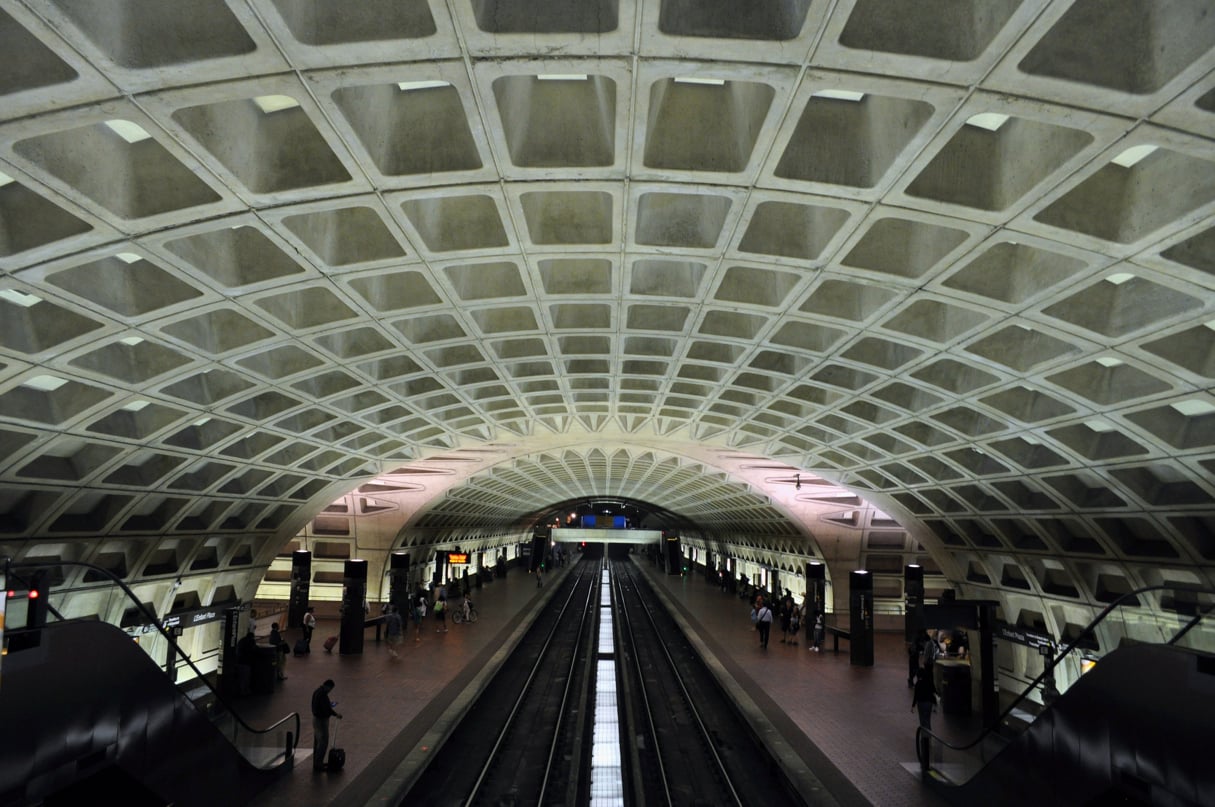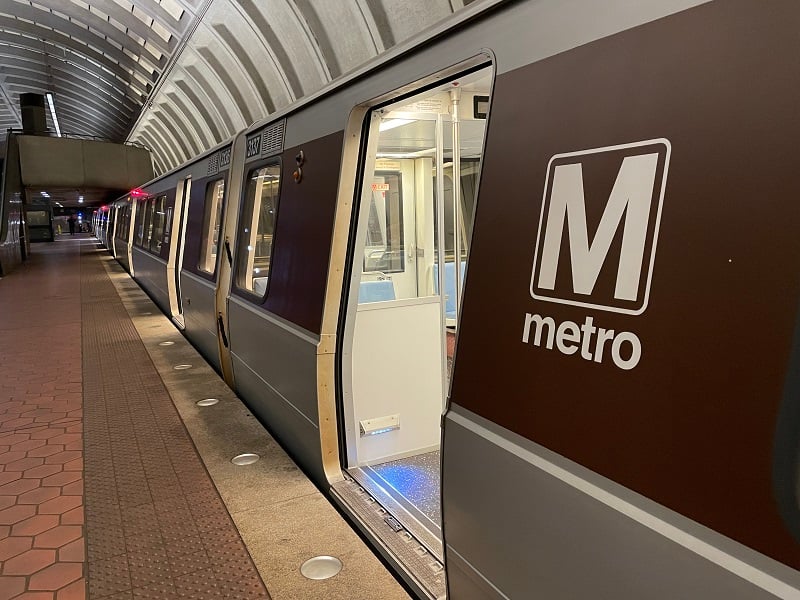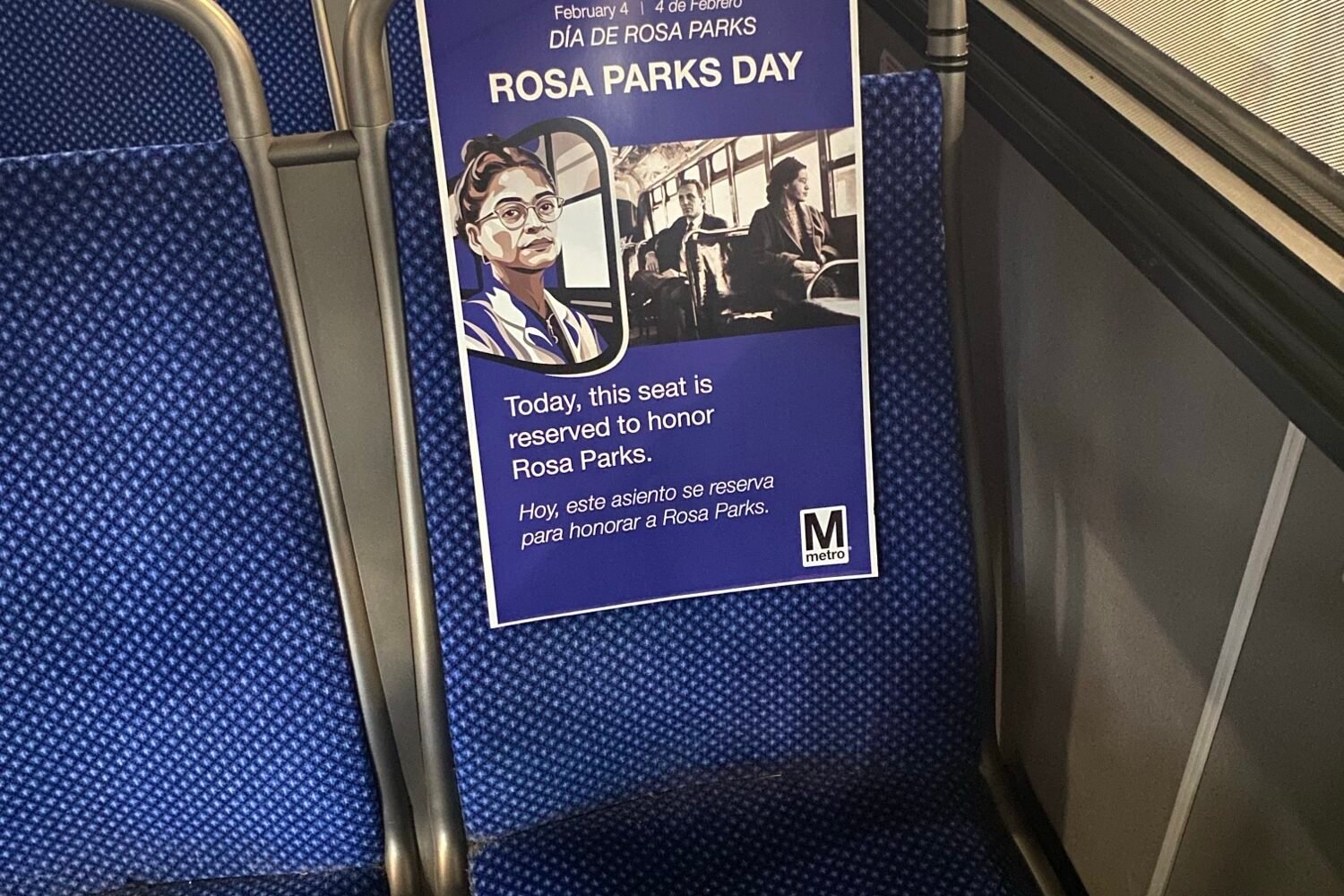Paul Wiedefeld, who took over Washington’s troubled transit system in 2015 as general manager and CEO of the Washington Metro Transit Authority, announced on Tuesday that he plans to leave his job in six months. Wiedefeld’s tenure has encompassed some improvements to the system, as well as many challenges. Most recently the derailment of a subway train last October led to the discovery that 60 percent of Metro’s rail fleet had to be pulled from service because of defective wheels. Service has yet to return to anything approaching normal and won’t for at least several more months.
In 2019, Wiedefeld sat down with Washingtonian reporter Luke Mullins to discuss the job he took on after another low point in the system’s history: the 2015 “smoke tunnel” incident at L’Enfant Plaza in which a passenger died, followed by the federal government taking oversight of the system, the only one in the US to be so scrutinized at that time. Metro and the DC region couldn’t continue to the transit system as a utility, Wiedefeld argued, saying that in a world of ride-hailing apps and scooters, it could better position itself as the area’s “mobility provider of choice” rather than an all-things-to-all-people system.
But we’re not in that world anymore—and that’s not a bad thing. Does it make sense to run a 120-mile system for literally a few thousand people [who are using it late at night]? Or does it make more sense to the taxpayers to figure out if there’s another way to deliver that same thing we want?
While Wiedefeld initially won over some critics by listening to their concerns, he faced a system whose design made regular maintenance difficult and whose funding involved a delicate balancing act between the governments of DC, Maryland, and Virginia as well as the feds. It scaled back weekend and nighttime hours in an attempt to clear its maintenance backlog. Wiedefeld even quixotically suggested Metrorail passengers shouldn’t walk on the left-hand side of escalators, an initiative that never really took off.
Then came the coronavirus pandemic, which cut Metro’s ridership significantly, and the derailment, which has caused service delays to linger well into the period that authorities hoped would signal the DC region’s recovery from the pandemic.
Metro’s board of directors plans a nationwide search for Wiedefeld’s replacement.
















